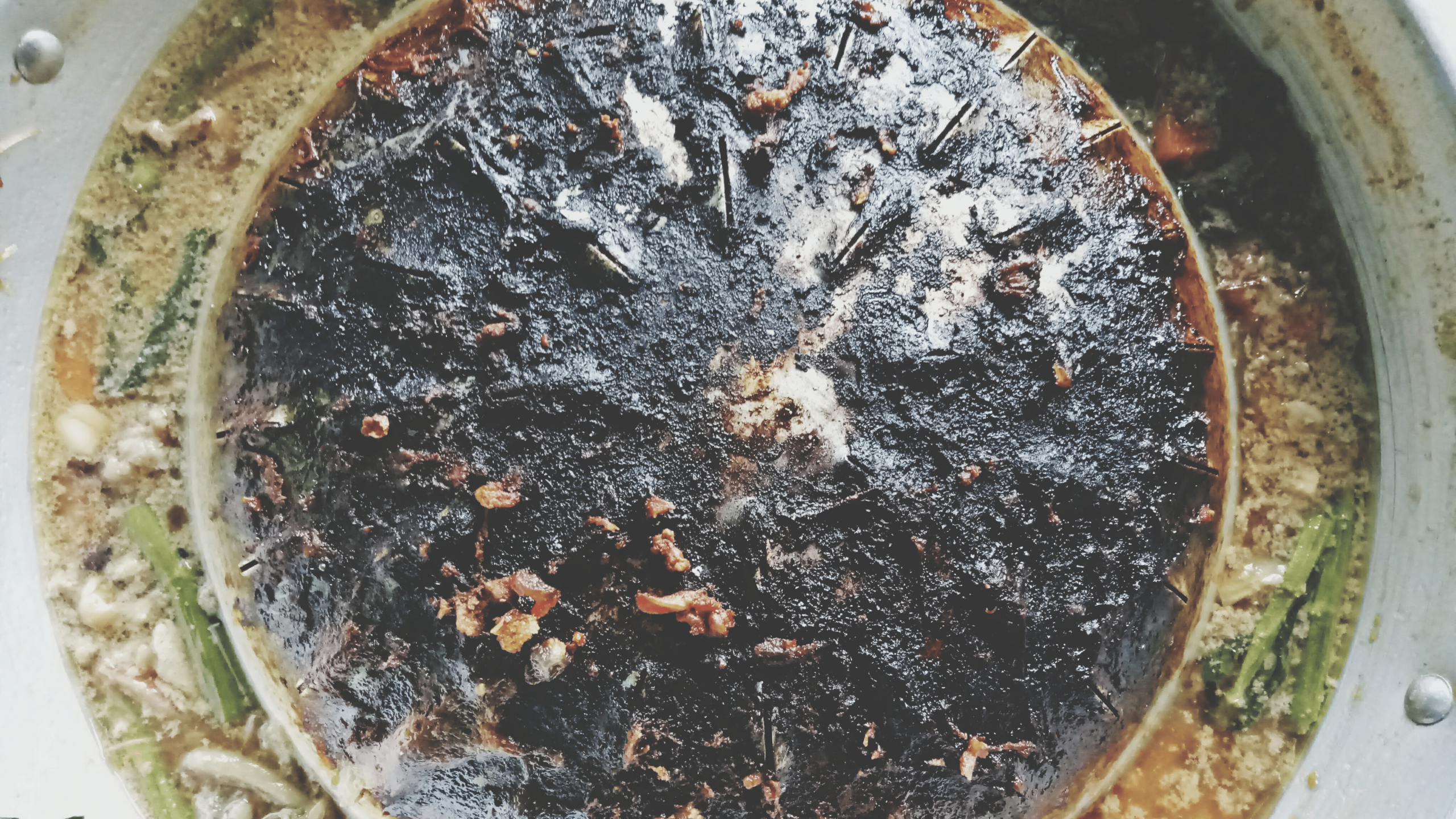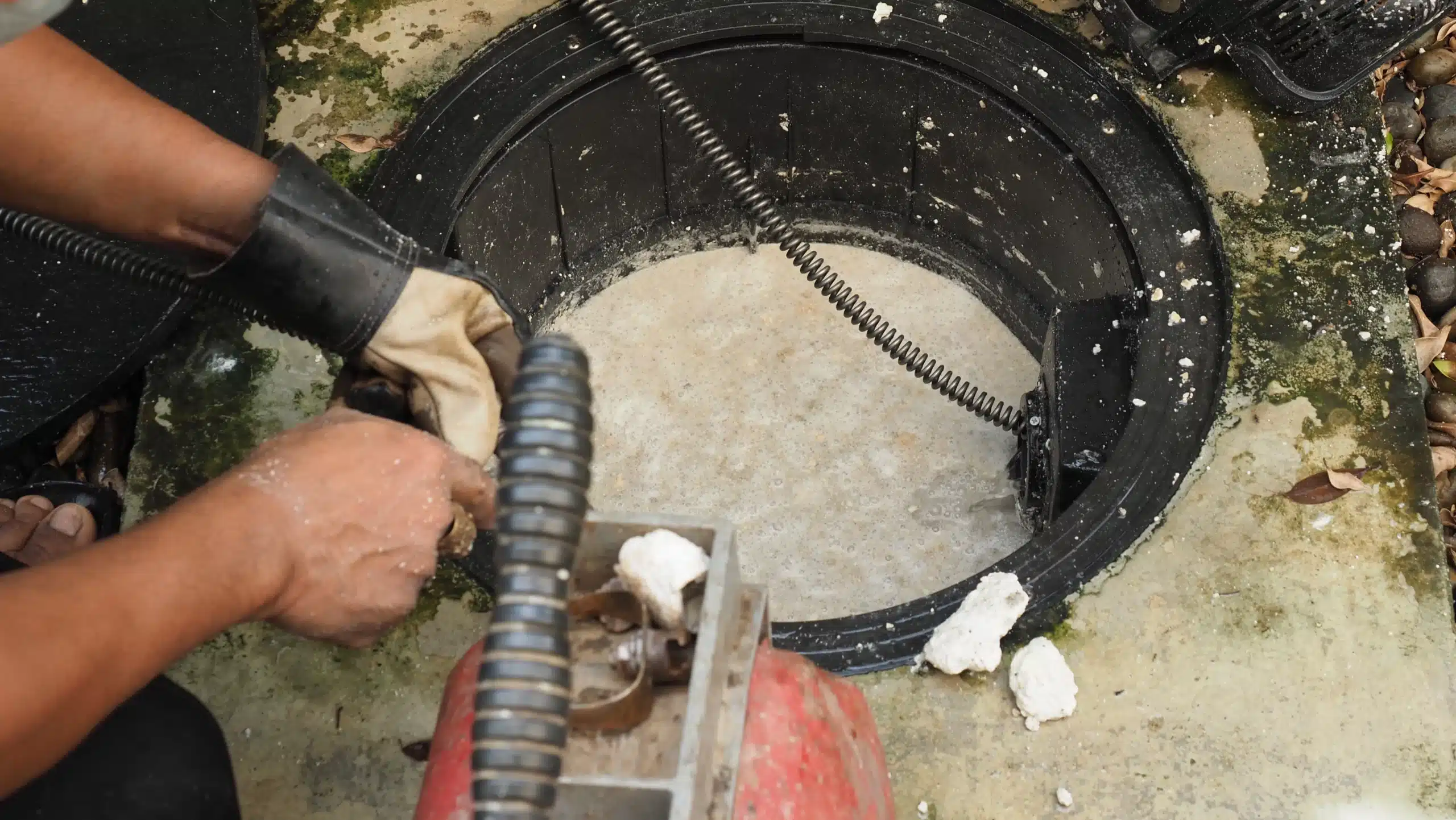When cooking oil approaches the end of its useful life, it is a resource that is often underused. After the oil has been used for cooking, it is usually discarded rather than being recycled.
Restaurants should implement long-term and successful oil recycling strategies for several reasons, that are as follows:
Facilities and equipment for preserving food
When not disposed of correctly, coatings such as cooking oil and grease may cause expensive damage to drains and kitchen equipment. While oil may seem to be flowing down the drain, it may eventually solidify and cause a clog in your individual or local drainage system. Furthermore, poor oil waste management may often violate regulatory standards, putting you or your company at risk of legal repercussions.
Cooking oil recycling is a cost-effective method of saving money
Typically, cooking oil discarding businesses charge a set price for collecting and disposing of the old cooking oil they contain. Additionally, the restaurant is responsible for the expenses of storing and managing the oil and the expenditures of employee time. It may be costly for eateries.
As a result, recycling cooking oil is the most cost-effective option since there are no expenses associated with the procedure because all you have to do is store the used oil in containers supplied by the recycling businesses. The recycling companies will come to your location and collect your old oil for recycling at no charge. Furthermore, there are specific incentives for recycling oil. As a result, oil recycling is a cost-effective and convenient option for any food corporation.
Environmental Protection on a Global and Local Scale
It is essential to recycle oil and grease correctly since doing so guarantees that these waste products do not enter the environment, minimizing the danger of damaging natural resources such as soil and water systems. “Spills of animal fats and vegetable oils have the same or comparable catastrophic effects on the aquatic ecosystem as spills of petroleum oils,” according to the Environmental Protection Agency (EPA). By choosing to participate in oil waste recycling, you are also helping renewable and green fuel initiatives, demonstrating your commitment to sustainable systems as a whole.
Taking Steps to Reduce Health Risks
If improperly disposed of, cooking oils may cause health issues for your customers and the surrounding community. It has been proven that accumulated oil, grease, and fats emit toxic odors and that the sewage problems produced by drain-blocking oils transport potentially harmful germs and bacteria.


